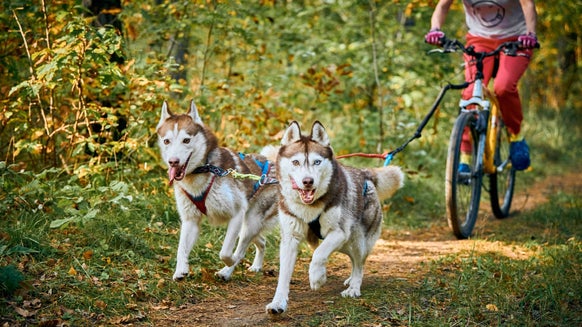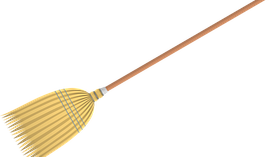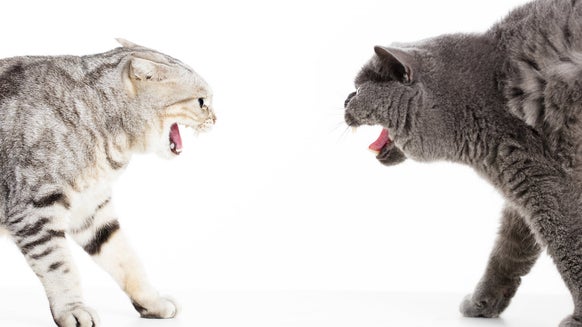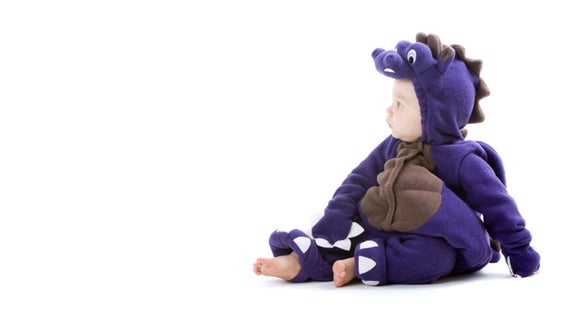Bread Isn’t Best: What to Feed Ducks
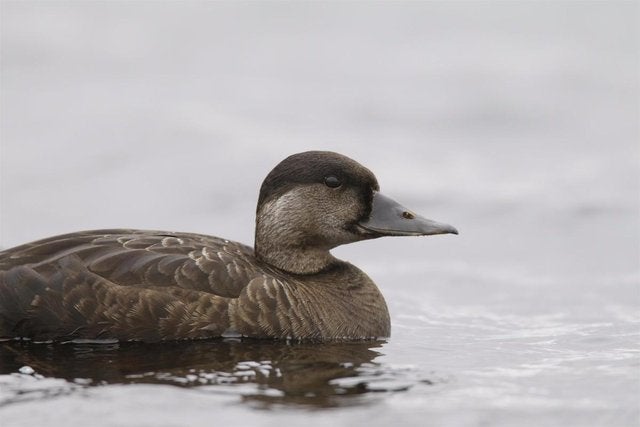

We’ve all fed the ducks in the park using leftover bread, or thrown some old crusts out onto the lawn to give the birds a treat; not only is feeding the birds an activity that the whole family can enjoy, it is also hugely beneficial to bird welfare. Food can be put out for birds at all times of the year, and it will supplement their diet whether they are nesting, breeding or preparing to depart to sunnier climates.

We must however, consider what kinds of foods we’re giving to our birds. Whilst bread, the most common thing we enjoy feeding the birds with, is not explicitly harmful, it fails to provide any nutritional value. It contains none of the vital ingredients birds need to generate the energy which allows them to feed and breed. It could even prove to be damaging to their health, as they can fill up on bread, causing them not to find other, more nutritional, foods.
The RSPB is urging people to consider alternative foods for feeding the birds, such as:
- Frozen vegetables
- Leftover rice
- Uncooked porridge oats
- Leftover jacket potatoes
- Cake crumbs
- Biscuit crumbs
- Grated cheese
- Pastry
- Breakfast cereal
- Over-ripe strawberries
- Soft fruit which has fallen from trees
Feeding these types of foods to birds will still bring them closer to us in order for us to enjoy them, but will mimic closer the natural foods which nature provides, and supplement the existing proteins and vitamins in their diets.

Foods which are not ideal and potentially unsafe for ducks are:
- Bread
- Chips
- Chocolate and confectionery
- Popcorn
Please also remember not to leave too much rotting food around. Contrary to popular belief, birds can sometimes be quite fussy, and leftover food can attract rats and promote littering problems.
For more information on how to give nature a home where you live, go to rspb.org.uk/homes.

Remember that on 30 and 31 January 2016 you can take part in the RSPB's annual Big Garden Birdwatch. Contribute to one of the UK’s biggest citizen science project by settling down with a cup of tea and, if available, smaller family member or dozing pet sat in your lap, and watch your garden for an hour to see what turns up. Find out more here:http://www.rspb.org.uk/birdwatch.
The Royal Society for the Protection of Birds are a charity that aim to secure a healthy environment for birds and all wildlife, and preserve this for future generations. They work both in the UK and internationally and spend 90% of their net income on conservation, public education and advocacy.

